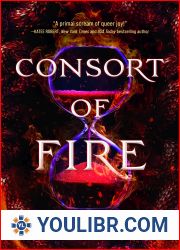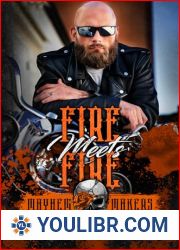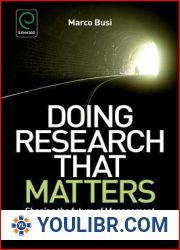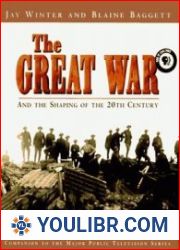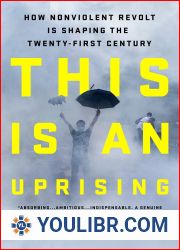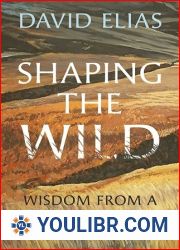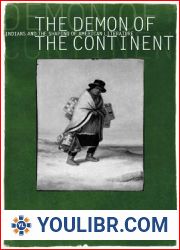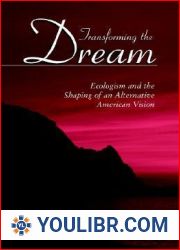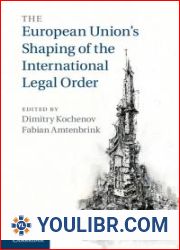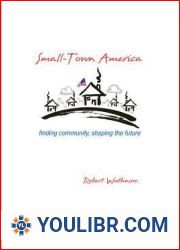
BOOKS - Walking on Fire: The Shaping Force of Emotion in Writing Drama

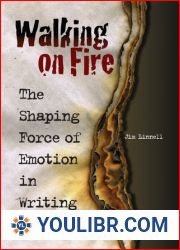
US $5.51

164835

164835
Walking on Fire: The Shaping Force of Emotion in Writing Drama
Author: Jim Linnell
Year: January 1, 2011
Format: PDF
File size: PDF 1.1 MB
Language: English
Year: January 1, 2011
Format: PDF
File size: PDF 1.1 MB
Language: English
In this bold new way of looking at dramatic structure, Jim Linnell establishes the central role of emotional experience in the conception, execution, and reception of plays. Walking on The Shaping Force of Emotion in Writing Drama examines dramatic texts through the lens of human behavior to identify the joining of event and emotion in a narrative, defined by Linnell as emotional form.Effectively building on philosophy, psychology, and critical theory in ways useful to both scholars and practitioners, Linnell unfolds the concept of emotional form as the key to understanding the central shaping force of drama. He highlights the Dionysian force of human emotion in the writer as the genesis for creative work and articulates its power to determine narrative outcomes and audience reaction. Walking on Fire contains writing exercises to open up playwrights to the emotional realities and challenges of their work. Additionally, each chapter offers case studies of traditional and nonlinear plays in the known canon that allow readers to evaluate the construction of these works and the authors' practices and intentions through an xamination of the emotional form embedded in the central characters' language, thoughts, and behaviors. The plays discussed include Henrik Ibsen's A Doll's House, William Shakespeare's Hamlet, Athol Fugard's " MASTER HAROLD". . .and the boy s, Donald Margulies's The Loman Family Picnic, Harold Pinter's The Birthday Party, and Tony Kushner's Angels in America . Walking on Fire opens up new conversations about content and emotion for writers and offers exciting answers to the questions of why we make drama and why we connect to it. Linnell's userfriendly theory and passionate approach create a framework for understanding the links between the writer's work in creating the text, the text itself, and the audience's engagement.








